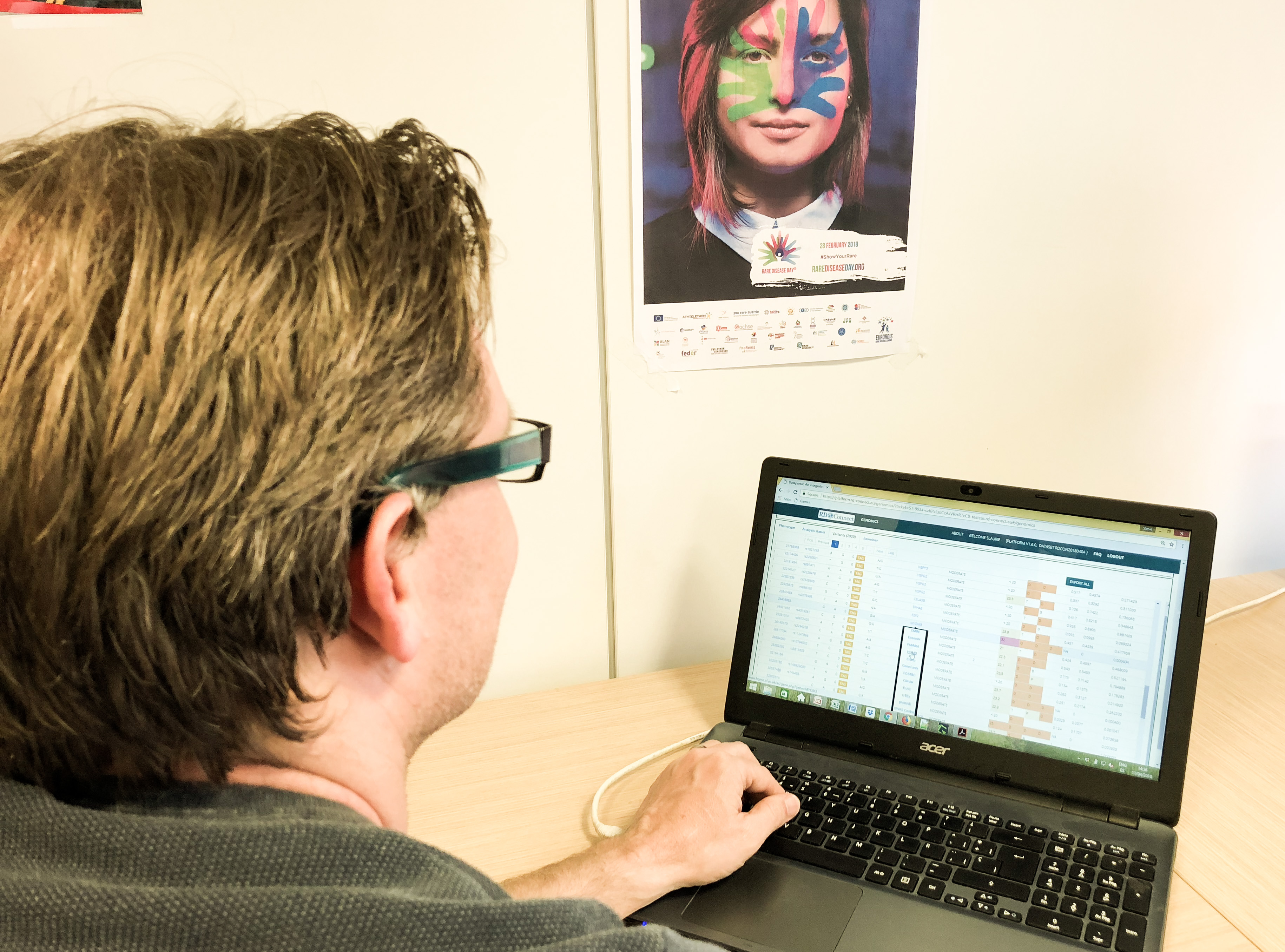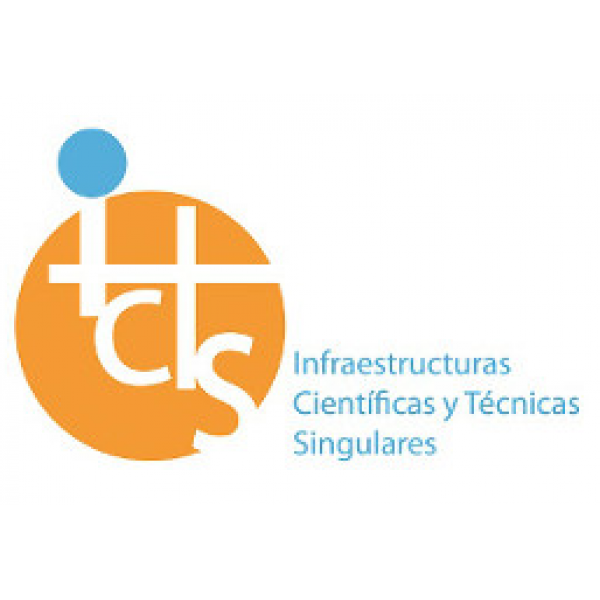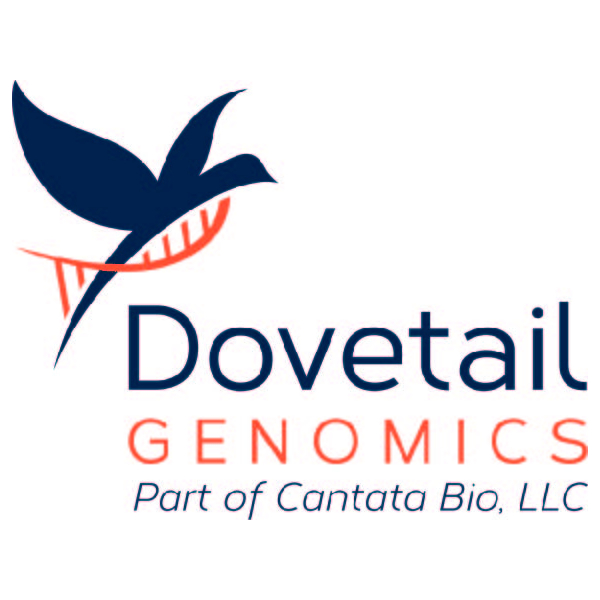BCN, 26 Feb 2021.- The RD-Connect Genome-Phenome Analysis Platform (RD-Connect GPAP), developed, hosted and coordinated by the Centro Nacional de Análisis Genómico (CNAG-CRG) has facilitated the diagnosis of around one thousand rare disease patients since its inception. The researchers have announced the milestone to mark Rare Disease Day 2021, held this Sunday February 28. The analysis platform has amassed more than 15,000 anonymised genomic and phenotypic profiles, mostly from hard-to-diagnose patients. The RD-Connect GPAP is currently the largest rare disease diagnostic and gene discovery platform funded by the European Commission.
Recognised officially by the International Rare Diseases Research Consortium and funded by the EU and Spanish government, RD-Connect GPAP provides authorised clinicians and researchers with a secure and controlled access to pseudonymised sequencing data and clinical information from patients with rare diseases across 198 hospitals and research centres across the EU.
Customised versions of the system have also been installed for local initiatives in Catalonia and Navarra. In Catalonia this will be the seed for a new project selected by the 2019 Marató de TV3 on Rare Diseases.
The authorised clinicians and researchers can look through a patient’s genome and pinpoint the precise genes causing a disease. This can help them find a treatment and to explain to people their chances of having children with the same condition.
“Data on rare diseases can be scarce and difficult to share due to ethical and legal implications. Our platform provides a user-friendly interface that provides cutting edge genomic analysis tools to authorised clinicians and researchers only,” says Davide Piscia, lead engineer of the RD-Connect GPAP platform. “Thanks to links with other systems in the EU, UK and Canada, data sharing has been crucial to advance rare disease research.”
“The RD-Connect GPAP platform has enabled the diagnosis of around a thousand patients with rare diseases, many of who have lived in the dark for months or years without answers,” says Sergi Beltran, Head of the Bioinformatics Unit and the Data Analysis Team at CNAG-CRG. “The favourable collaborative environment provided by the platform has enabled the identification of several new gene-disease associations.”
The timely and specific diagnosis of a rare disease is crucial to enable a patient access to personalised medical care, including access to treatment or to symptom-alleviating therapies. Previous case studies highlighting the potential of international collaboration to facilitate a rare disease diagnosis include that of Yakup (https://www.youtube.com/watch?v=GLgB6mvVx5E&feature=emb_title), who received a molecular diagnosis for his neurogenetic rare disease through the RD-Connect GPAP, enabling him to a access a treatment that significantly improved his condition.
The RD-Connect GPAP currently manages over 500TB of sequencing data. The CNAG-CRG has a dedicated server to host the data, as well as a supercomputer that provides analytic power.
About rare diseases and Rare Disease Day 2021
Rare diseases can severely affect quality of life and life expectancy. They affect around 30 million people in Europe, with children making up half of the cases.
Parents and families of people living with a rare disease can spend years without a diagnosis because of a lack of access to medical specialists or because they have a condition that has not previously been described. Most rare diseases are thought to be genetic, in some cases passed from one generation to the next and in others occurring randomly, making someone be the first person in a family to be diagnosed.
Because of their rarity, research and therapy development for rare diseases can be challenging, requiring researchers to join efforts and exchange data across countries.
Rare Disease Day takes place on the last day of February each year. The main objective of Rare Disease Day is to raise awareness amongst the general public and decision-makers about rare diseases and their impact on patients' lives. The campaign is organized by the European Organisation for Rare Diseases (EURORDIS), a non-governmental alliance representing 956 rare disease patient organisations in 73 countries.












